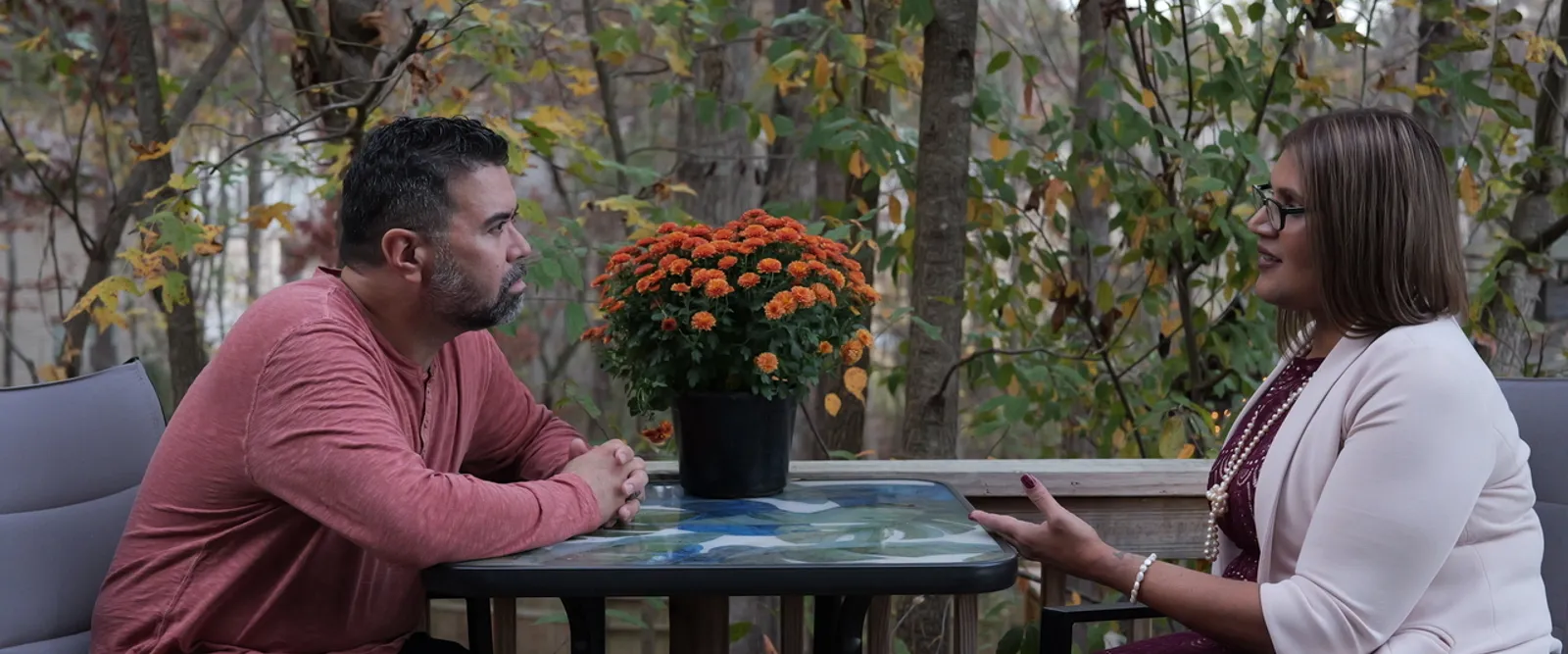Consider attending therapy

Therapists and psychiatrists are trained to deal with a range of situations and can reliably hold a safe space for working through things together and develop helpful coping skills.
Connecting with others can ease stress, lift your mood, and strengthen your mental health. Find simple opportunities to reach out and feel supported.
Showing 1–8 of 8 results

Therapists and psychiatrists are trained to deal with a range of situations and can reliably hold a safe space for working through things together and develop helpful coping skills.
Seek out examples of people with your experiences and background who have positively contributed to society. This helps combat shame and stigma, building inner strength and resilience.
Feeling connected to others can help life feel more balanced and, according to studies, even impact how our bodies feel. Spend time with friends and family to help take some of the focus away from work, reduce the impact of stressors—or even physical pain—and develop strong connections you can lean on for support.

If you're going through a challenging time, think about who you feel comfortable with, and what interactions might feel supportive so you can tell people what you need—whether it's talking about how you’re feeling so you can release some pent-up emotions, or finding comfort by time together with no words exchanged.

It might be that talking about what you're going through is the last thing you feel like doing. Or, it might be that you don't feel like talking to your loved ones about it. Ironically, this is usually a sign that getting something off your chest may be essential to healing. Consider asking a therapist or someone you trust to be a sounding board for you. You only need to start with one person.
Aside from helping others, volunteering has amazing feel-good effects for you. You'll also experience elevated oxytocin levels and a dopamine release along with a sense of meaning that can help reduce stress and burnout. Volunteering is also a great way to build and strengthen social connections, which is increasingly important as social isolation is on the rise. In addition to making new connections when you volunteer, you might make existing connections even stronger when you volunteer with loved ones. (One study even shows that couples who volunteer together were more likely to stay together.)
Sending out a simple text asking how someone you care about is doing can offer mutual benefits for you both. Doing so reinforces your connectedness to others, and helps to remind you that you have support when you might need it.
Pets can provide comfort, companionship, and more often than not, a laugh, when you need it most. Science also backs up the benefits of having a pet on your mental health. Spend some time playing with your pet and enjoying each other company. If you don’t have a pet but love animals, consider volunteering at a shelter or visiting a neighbor or a friend with a pet.
Showing 1–8 of 8